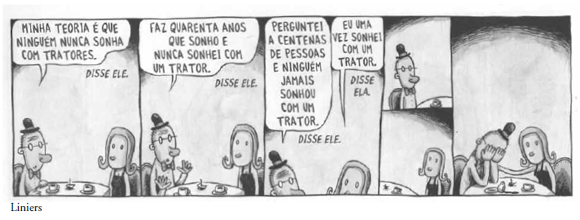The article discusses the connections between media and definition of political preferences or, in other words, the action of the media in influencing public opinion. It starts with a critical analysis over the studies on media and elections in Brazil, focusing three topics: the assumption that the processes of communication occur in a unilateral and regulated form, projecting an electorate more homogeneous than it really is; the conception of the media as a monolithic block susceptible of being reduced to the major communication conglomerates; and the understanding of the relations between media and electorate on the basis of those two simplifying presuppositions. After such analysis, the authors propose some analytical paths for reaching a more complex and refined vision of the relationship between media, political preferences and vote. In this sense, they point to the need of taking into account the diversity of the social environment and the complexity of the communicative processes, in which governmental communication must be considered, as well as the dissonances within media vehicles, and the alternative circuits producing political meanings.
Media; Political preferences; Vote; Political conflict; Democracy



